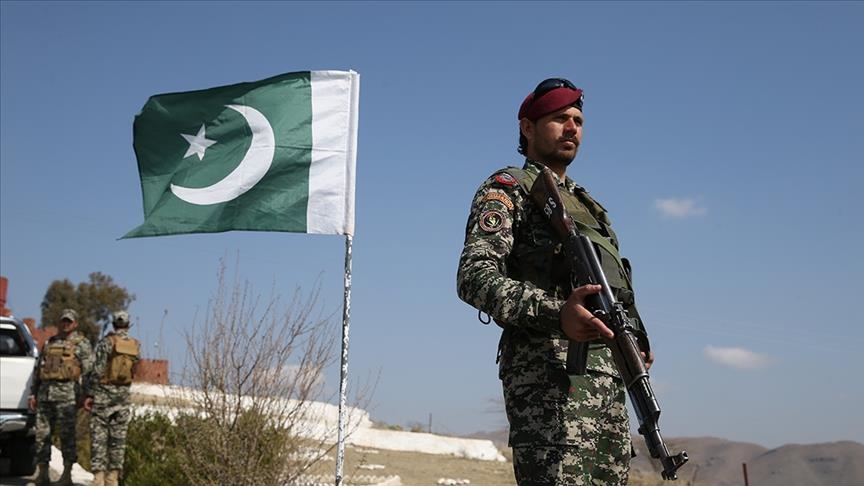Pakistan is poised to begin a third phase of deportations targeting over 1.3 million Afghan refugees registered with the United Nations, despite mounting international calls to halt forced repatriation. Officials confirmed the new expulsion drive—aimed at individuals holding UNHCR-issued Proof of Registration (PoR) cards—will start September 1, marking an escalation in a policy condemned by humanitarian agencies as high-risk and inhumane.
Since September 2023, Pakistan has already expelled approximately 1.3 million Afghans, including unregistered migrants and those with legal status, according to a government report submitted to parliament in May. Combined with parallel deportations from Iran, the mass returns have overwhelmed Afghanistan’s Taliban-led administration, exacerbating what the UN describes as a “humanitarian crisis” in a nation grappling with decades of conflict, economic collapse, and insufficient infrastructure.
The UN Refugee Agency (UNHCR) and global rights organizations have urgently appealed to Islamabad to suspend the plans, emphasizing the dangers faced by vulnerable groups, including women, journalists, and former government employees, under Taliban rule. “Forced returns to Afghanistan must stop,” the UNHCR stated, warning of potential persecution and dire living conditions. Pakistan, however, has remained defiant. “The government will go ahead with plans to expel all Afghans,” said Awais Mujahid, a senior official overseeing refugee matters, during a briefing Wednesday.
Authorities justify the crackdown by linking Afghan refugees to criminal activity and labeling them an economic drain, citing strains on housing, healthcare, and resources in a country battered by political instability, climate disasters, and fiscal challenges. Over half of the affected refugees reside in Khyber-Pakhtunkhwa province, bordering Afghanistan, while a quarter live in southwestern Balochistan—regions already among Pakistan’s most economically disadvantaged.
The current wave of returns traces back to the Taliban’s 2021 takeover of Kabul, which triggered a fresh exodus. However, Afghans have sought shelter in Pakistan since the Soviet invasion in 1979, with generations born in exile now facing abrupt displacement. Many lack meaningful ties to Afghanistan, raising concerns about their ability to integrate into a society governed by strict Taliban policies, including severe restrictions on women’s rights and civic freedoms.
As international pressure mounts, Pakistan’s resolve underscores a hardening stance toward refugees, even as aid groups warn of destabilizing ripple effects. The World Food Programme estimates 15 million Afghans—over a third of the population—face acute food insecurity, a crisis worsened by the influx of returnees lacking shelter or livelihoods. With the September deadline nearing, advocates stress the urgency of halting deportations for those at grave risk, while Islamabad insists its decision remains final.
